Resurfacing Innovation: Creative Solutions Beyond Traditional Tarmac
The world of road surfacing is undergoing a significant transformation. Traditional tarmac, while reliable, is no longer the sole option for creating durable and efficient surfaces. Resurfacing innovation is paving the way for smarter, more sustainable, and aesthetically pleasing alternatives. From resin-bound surfacing to advanced tarmac installations, the industry is embracing new technologies and materials to meet the evolving demands of modern infrastructure.
Understanding Resurfacing Innovation
Resurfacing innovation involves the development and application of new techniques, materials, and technologies to improve the quality, durability, and sustainability of surface installations. This approach goes beyond conventional methods, offering solutions that are not only functional but also environmentally friendly and visually appealing.
Innovative Surfacing Solutions
1. Resin-Bound Surfacing
Resin-bound surfacing is gaining popularity for its seamless finish and aesthetic versatility. It involves mixing aggregate stones with a clear resin binder to create a smooth, durable surface. Key benefits include:
- Permeability: Allows water to drain through, reducing surface water runoff and supporting sustainable drainage systems (SuDS).
- Aesthetic Flexibility: Available in a wide range of colours and textures to suit various design preferences.
- Low Maintenance: Resistant to weeds and moss, reducing the need for frequent upkeep.
For more information on resin-bound surfacing, visit our Resin Bound Surfacing Services page.
2. Advanced Tarmac Installation
While traditional tarmac remains a staple, advancements in its installation and formulation have enhanced its performance. Modern tarmac solutions offer:
- Improved Durability: Enhanced resistance to wear and weather conditions, extending the lifespan of surfaces.
- Faster Installation: Streamlined processes and technologies allow for quicker application, minimizing disruption.
- Sustainability: Use of recycled materials and energy-efficient methods contribute to environmental conservation.
Explore our Tarmac Installation & Road Surfacing Services to learn more about these advancements.
3. Porous Asphalt
Porous asphalt is designed to allow water to pass through the surface, reducing runoff and promoting groundwater recharge. Benefits include:
- Flood Prevention: Helps mitigate flooding by managing stormwater effectively.
- Noise Reduction: Absorbs sound, leading to quieter roadways.
- Environmental Impact: Supports ecological balance by allowing water to infiltrate the ground.
The Future of Resurfacing Innovation
The future of resurfacing lies in the integration of smart technologies and sustainable practices. Innovations such as self-healing materials, solar-powered surfaces, and integrated sensor systems are on the horizon. These advancements aim to create surfaces that not only perform better but also contribute to the overall sustainability of infrastructure projects.
Conclusion
Resurfacing innovation is redefining the landscape of road and surface construction. By embracing new materials and technologies, we can create surfaces that are more durable, sustainable, and aesthetically pleasing. Whether considering resin-bound surfacing for its visual appeal or advanced tarmac installations for their enhanced performance, the options are diverse and tailored to meet modern needs.
For more information on our resurfacing services and how we can assist with your next project, please visit our Resin Bound Surfacing Services or Tarmac Installation & Road Surfacing Services pages.


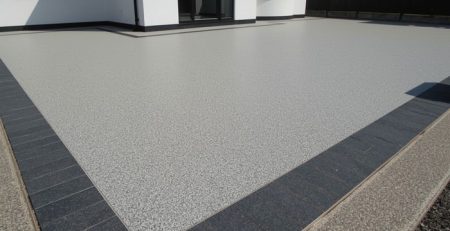
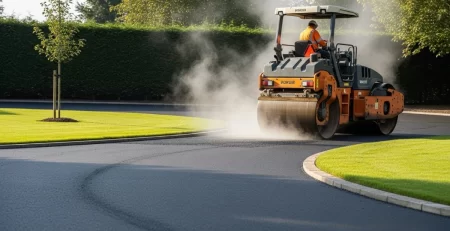
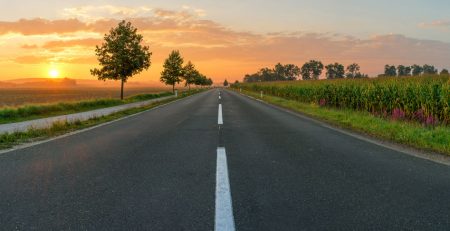
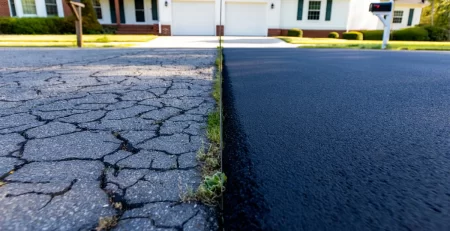


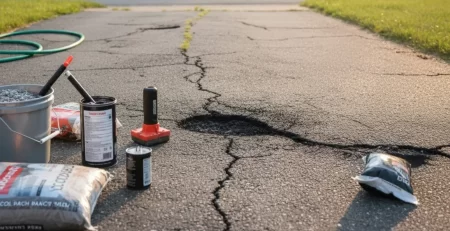
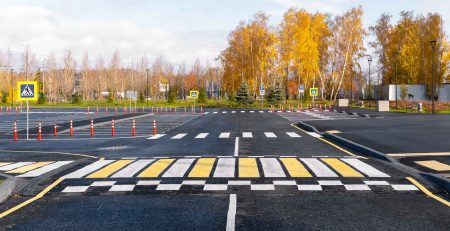

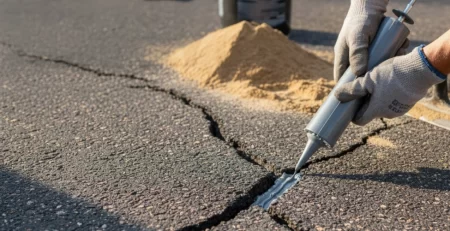
Leave a Reply